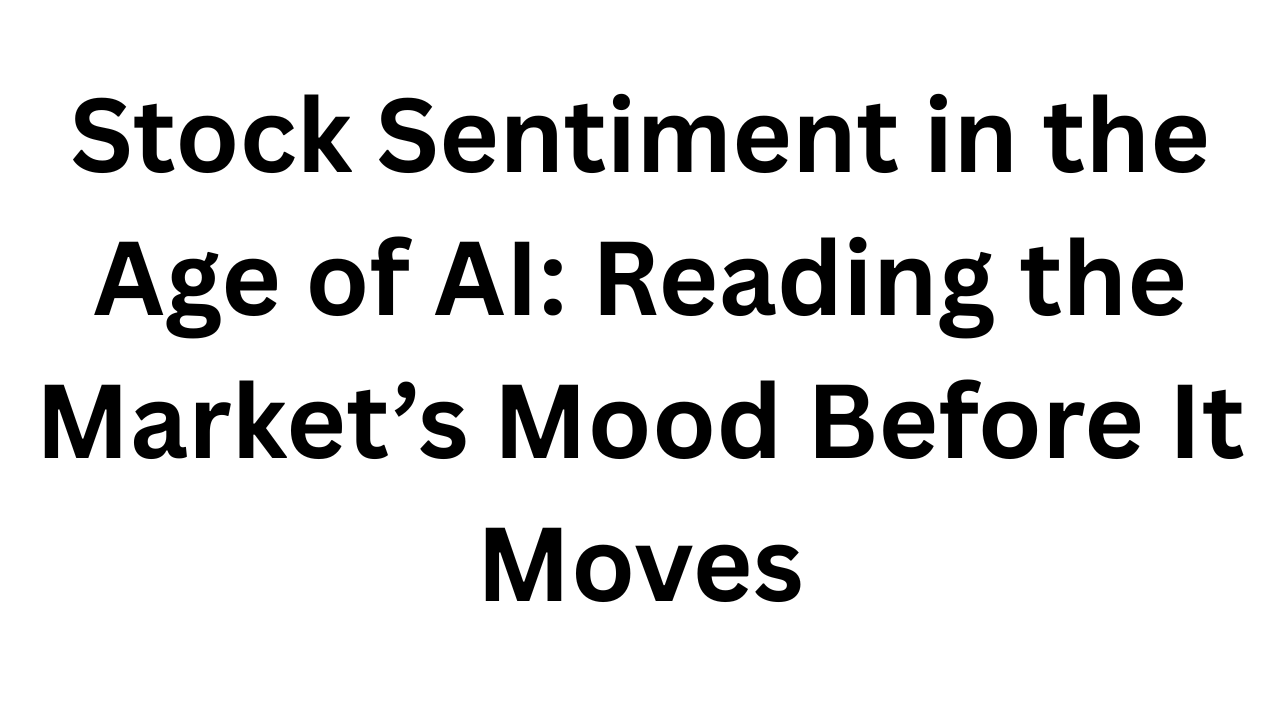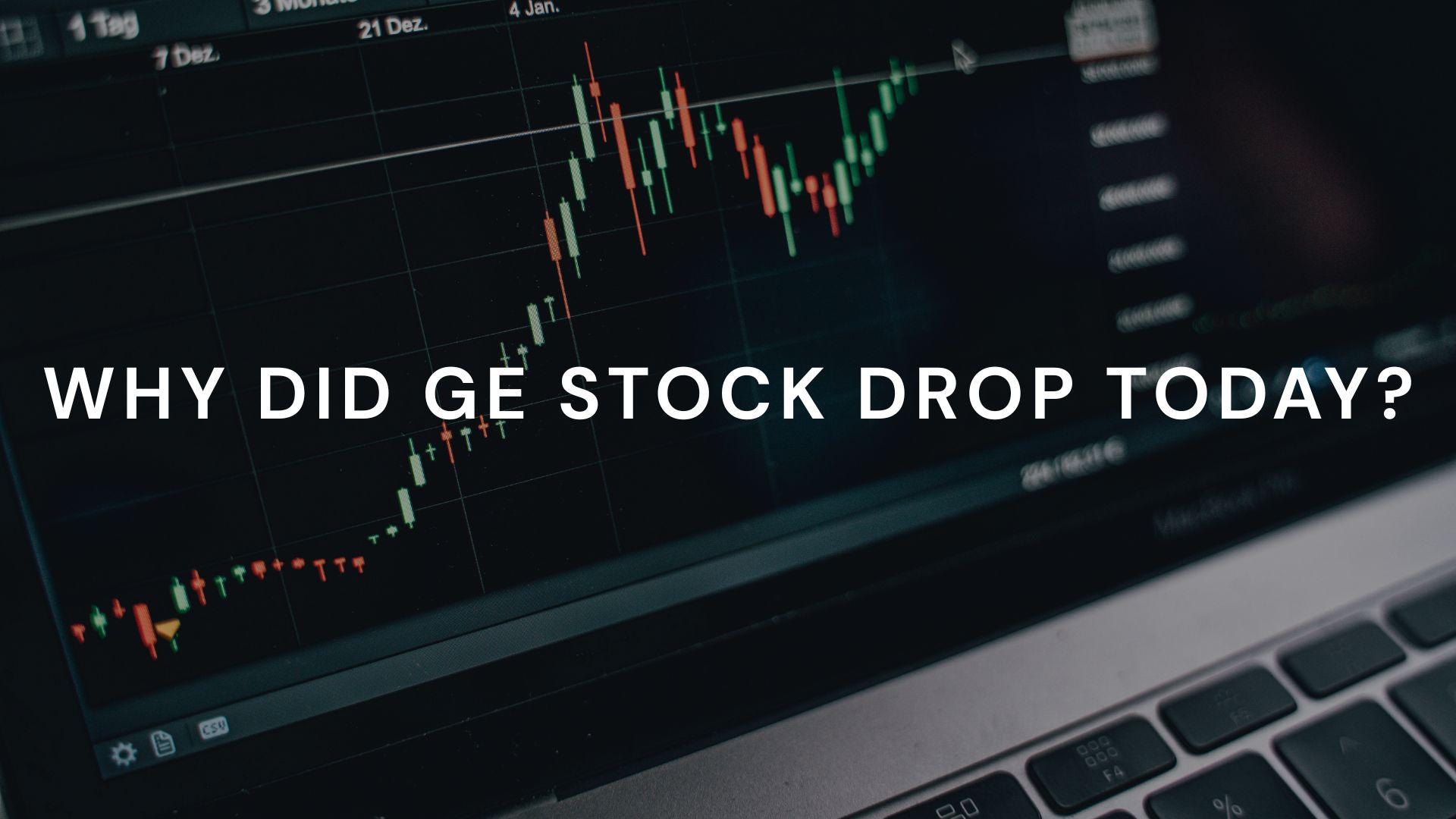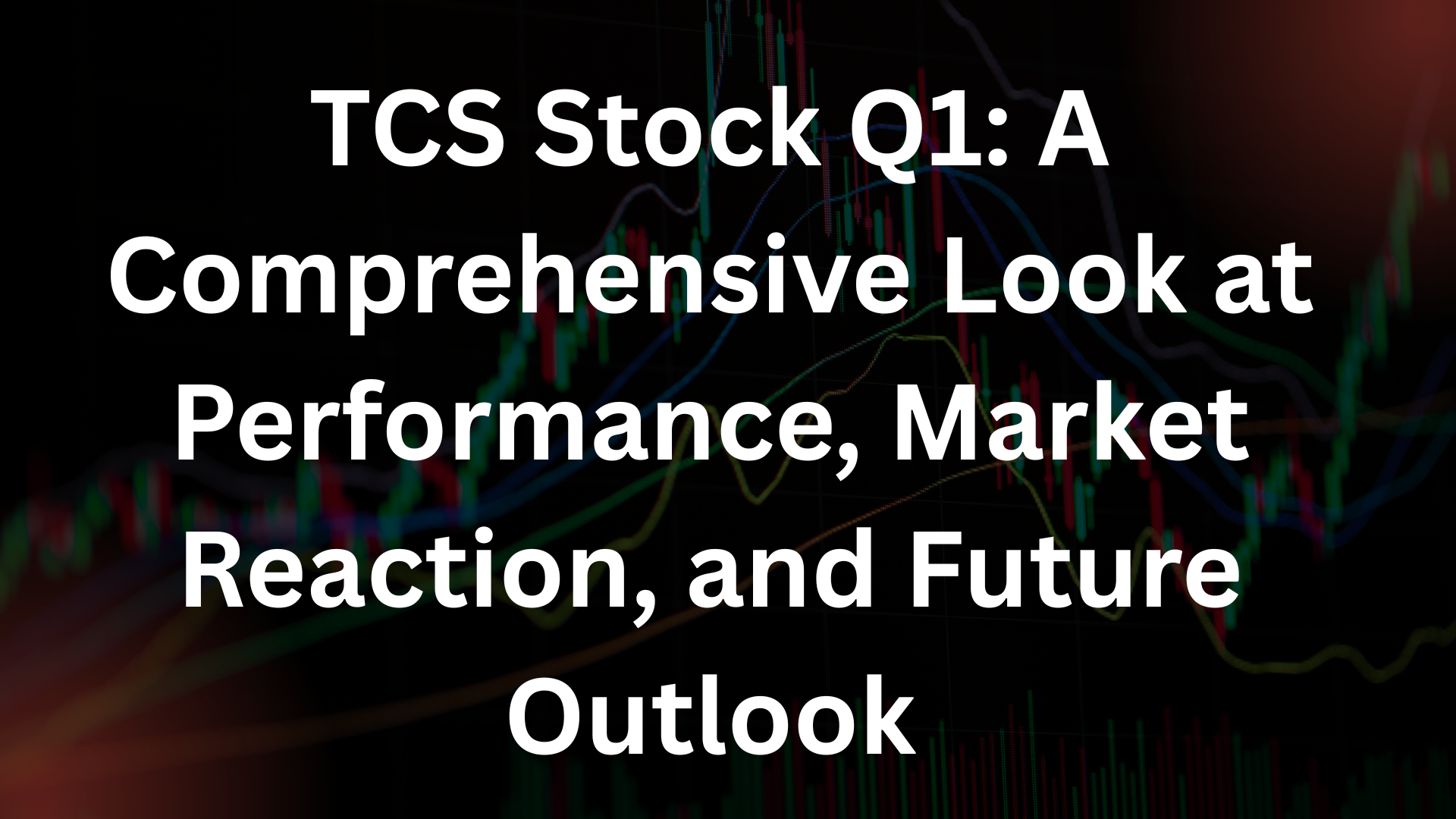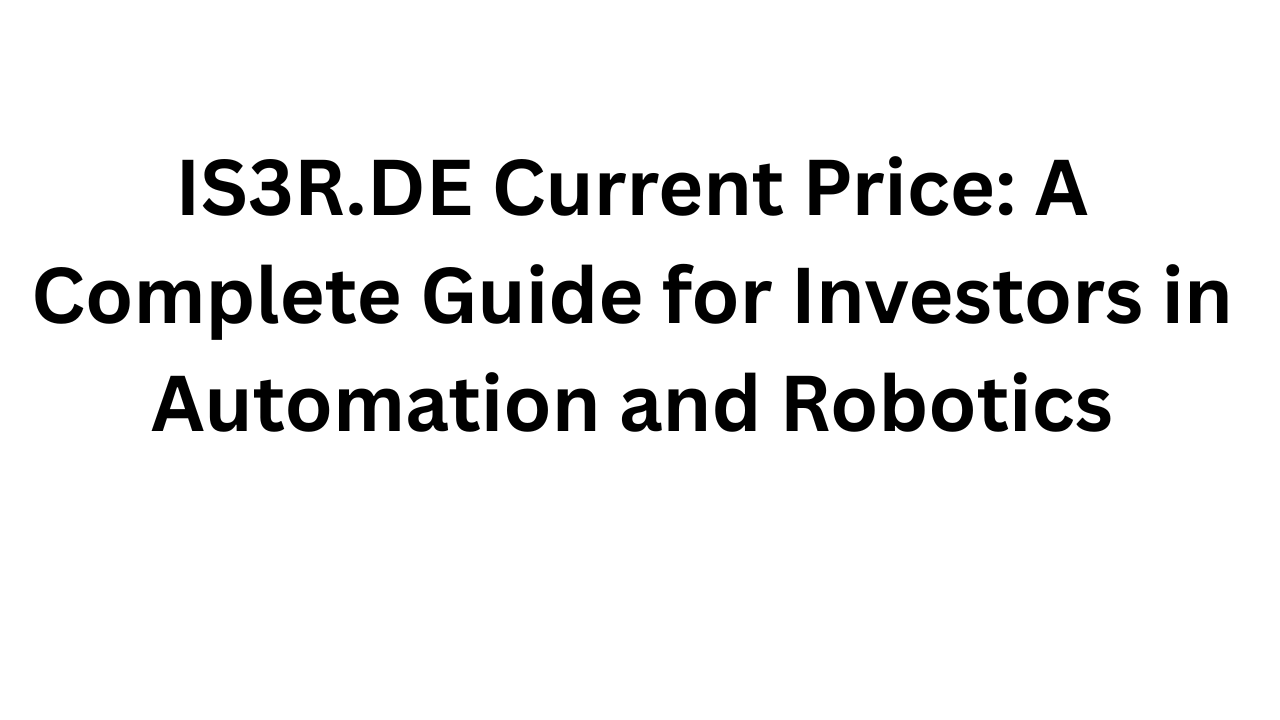Stock Sentiment in the Age of AI: Reading the Market’s Mood Before It Moves

Strong 8k brings an ultra-HD IPTV experience to your living room and your pocket.
In the world of investing, success is no longer only about financial reports or technical analysis. One of the most powerful forces behind market movements is emotion — and that’s where stock sentiment comes in. Understanding how investors feel about a stock can often help you predict how the market will move before any data shows it.
What is Stock Sentiment?
Stock sentiment is the overall attitude or opinion of investors toward a particular stock or the market. It can be:
Bullish (positive): when investors are optimistic and buying
Bearish (negative): when investors are fearful and selling
Neutral: when there’s uncertainty or no strong opinion
Sentiment is driven by news, social media, earnings announcements, and global events. It reflects how the majority of investors are thinking — and reacting.
📈 Why Does Stock Sentiment Matter?
Stock sentiment is important because:
It shows how people feel, not just what the numbers say.
It helps you understand short-term price movements.
It can warn you before trends change direction.
Sometimes a stock falls even after good earnings — why? Because the market sentiment expected more. On the other hand, a stock might rise on average results if sentiment is hopeful.
Investors who track sentiment can get ahead of the crowd — entering before prices rise or exiting before crashes.
🔍 How is Stock Sentiment Measured?
Thanks to technology, sentiment can now be measured accurately. Some of the common methods include:
News analysis: Positive or negative headlines shape opinion.
Social media: Twitter (X), Reddit, and forums like StockTwits show real-time public emotion.
Put/Call ratios: Show how many people are betting for or against a stock.
Volatility indexes (VIX): Often called the market’s “fear gauge.”
AI sentiment platforms: Use machine learning to scan data and assign “sentiment scores.”
🤖 AI and the Future of Sentiment Analysis
AI has made it easy for everyday investors to benefit from sentiment data. Advanced platforms can now:
Scan thousands of news articles and tweets instantly
Highlight trending stocks
Alert you to changes in investor mood
Combine sentiment with technical and fundamental data
One powerful tool in this space is Meyka — an AI-powered research platform that gives investors access to professional-grade sentiment analysis and stock screening tools.
👉 Discover how smart tools like Meyka are improving the stock sentiment experience for investors who want to trade smarter, not harder.
💡 How to Use Stock Sentiment in Your Strategy
Sentiment is most useful when you combine it with other tools. Here’s how:
Momentum trading: Buy when sentiment is turning bullish and volume rises.
Reversal signals: If sentiment is extremely negative, a bounce might be coming.
Avoid emotional traps: Don’t buy into hype or panic — follow the data.
By reading market mood with the help of AI, you avoid emotional decisions and make more confident moves.
🧠 Final Thoughts
Stock sentiment gives you a deeper look into what really moves the market: people. While charts and balance sheets are important, knowing how investors feel is often what separates smart decisions from risky ones.
With tools like Meyka, it’s now easier than ever to track sentiment and make it a part of your daily investing strategy. In today’s fast-moving markets, this insight is not just helpful — it’s essential.
Note: IndiBlogHub features both user-submitted and editorial content. We do not verify third-party contributions. Read our Disclaimer and Privacy Policyfor details.







